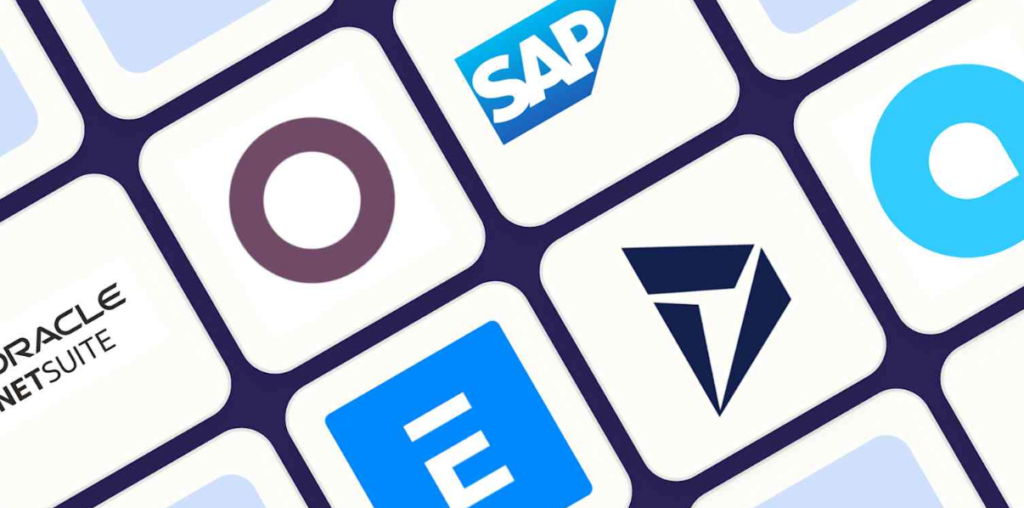As the hospitality industry rapidly evolves, businesses seek innovative solutions to streamline operations and enhance guest experiences. Enterprise Resource Planning (ERP) software, such as Hospitality ERP Software, has become essential for managing various processes, including reservations, customer relationships, and financial oversight. This integration reduces inefficiencies and allows hospitality professionals to focus more on their guests. ERP systems modernize the industry by consolidating multiple management processes into one platform, lowering operational costs and improving service delivery. By freeing staff from administrative tasks, ERP software enables a greater emphasis on enhancing the guest experience.
The Role of ERP Software in Modern Hospitality
ERP software is increasingly pivotal in revolutionizing how businesses in the hospitality sector manage operations. By offering a centralized platform for various functions—such as reservations, customer interactions, and accounting—ERP systems by https://arcticit.com/products/tribal-applications/hospitality-erp-software/ significantly enhance efficiency and accuracy. This convergence of systems results in cost savings and improved service delivery, as frontline staff spend less time on manual tasks and more time focusing on guests. ERP solutions are becoming indispensable tools for organizations aiming to boost productivity and stay competitive.
Key Components of Hospitality ERP Systems
Hospitality ERP systems comprise several crucial components, each playing a role in streamlining operations. Key elements include:
- Reservation Systems: These are crucial for managing bookings effectively. By optimizing room allocation and reducing manual errors, reservation systems play a pivotal role in ensuring seamless guest experiences.
- Customer Relationship Management (CRM): CRM tools within ERP systems help businesses personalize guest interactions and better understand client needs, enhancing satisfaction and fostering loyalty.
- Finance and Accounting: With real-time financial insights, businesses can make strategic decisions more rapidly, optimizing resource allocation and financial planning.
Each component is integral to a well-rounded hospitality operation, ensuring efficient and professional handling of everything from initial guest booking to post-stay follow-up.
Benefits of Implementing ERP in Hospitality
The introduction of ERP software in hospitality comes with a plethora of benefits. Notable among them are cost reduction, streamlined processes, and improved service quality. By automating repetitive tasks, businesses can reduce labor costs significantly and invest in more strategic areas that enhance guest satisfaction. Moreover, integrated systems provide organizations comprehensive insights into their operations, enabling data-driven decisions that facilitate growth and competitiveness. Many businesses have reported substantial employee productivity and guest satisfaction increases after implementing ERP solutions.
Challenges Faced During ERP Implementation
While ERP systems offer considerable rewards, the path to implementation is fraught with challenges. Costs can be a significant barrier, with the initial investment in software and training being substantial. Additionally, integrating ERP into existing workflows can prove complex, requiring a robust change management strategy to overcome staff resistance. Understanding these challenges and developing strategic measures can ease the transition and ensure successful deployment and ongoing use.
Future Trends in Hospitality ERP Technology
The future of hospitality ERP is prosperous and promising. Technological advances in artificial intelligence (AI) and cloud computing are ushering in a new era of sophisticated, scalable, and flexible ERP solutions. As more businesses adopt cloud-based ERP solutions, they gain improved data security, easier accessibility, and scalability to respond promptly to changing market demands. These technological advancements are set to transform the hospitality industry further, offering even more robust tools to those operators looking to optimize their operations and offerings continuously.
Real-life Examples of ERP Success in Hospitality
Across the hospitality spectrum, numerous brands have reported marked successes following adopting ERP systems. For instance, a major international hotel chain saw a 30% boost in operational efficiency through improved process integration and data management. Such success stories demonstrate the transformative power that an effective ERP system can wield, providing tangible improvements in performance and guest satisfaction.
Tips for Choosing the Right ERP System
Selecting the right ERP system is crucial for realizing its full benefits. Potential adopters should assess the software’s scalability, ensuring it can grow with their business. Customization options are equally important, allowing the software to meet specific needs. Evaluating the support services offered by vendors and considering peer reviews can also provide essential insights, helping businesses make informed decisions about their ERP investments.
Conclusion: Embracing ERP for a Competitive Edge
As the hospitality industry faces increased competition, transitioning to ERP software is no longer a choice but a necessity. By leveraging these advanced systems, businesses are better positioned to deliver superior guest experiences and stimulate sustainable growth. Understanding ERP’s comprehensive range of functionalities, alongside strategic selection and implementation, enables hospitality venues to unlock new efficiency and service quality levels, carving out a competitive edge vital for success in today’s dynamic marketplace.

